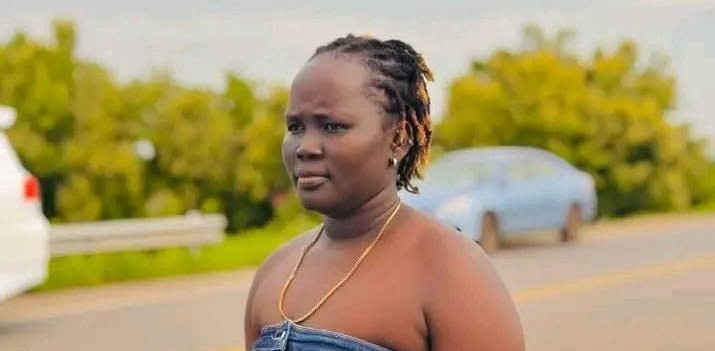A South Sudanese comedian has been arrested in the capital, Juba, after allegedly insulting President Salva Kiir during a live broadcast on TikTok.
The 33-year-old, identified as Amath Jok, was detained on Tuesday afternoon while returning home from a salon in the Thongpiny neighbourhood, her family told Radio Tamazuj. Her current whereabouts remain unknown.
Relatives said Jok was taken by men wearing the uniform of the National Security Service (NSS).
The comedian’s livestream on Monday was in response to online criticism of Vice President Dr Benjamin Bol Mel, who was appointed by President Kiir in February 2025. Another social media user, Akuac Wol, had accused the vice president of corruption.
Defending Mel, Jok dismissed the allegations and made derogatory remarks about President Kiir, calling him “a big thief wearing a hat,” according to a translation of her comments in the Dinka language.
Her remarks quickly went viral, sparking debate online about freedom of expression and respect for political leaders in South Sudan.
Family appeals for pardon
A relative, Dhong Bang, said the family had warned Jok that her comments could get her into trouble.
“In the morning, we heard she was going to be arrested, but she said she was ready for it,” he told Radio Tamazuj. “An hour later, she called to say she had been arrested. I heard someone telling her to put down the phone, and then the line went dead.”
The family has appealed to authorities to forgive Jok, saying she acted impulsively.
“Everybody can make a mistake,” Bang said. “We are asking the government to release her.”
NSS Spokesman David Kumuri could not immediately be reached for comment.
Legal context
This is not the first time South Sudanese citizens have been detained for comments perceived as disrespectful toward the president.
Although South Sudan’s constitution guarantees freedom of expression, the Penal Code Act, 2008, criminalises defamation and the “undermining of the authority” of the president.
Section 76 makes it an offence to insult or ridicule the president or make statements considered likely to incite hostility or public disorder — punishable by imprisonment or fines.
Rights groups have repeatedly expressed concern over restrictions on free speech in South Sudan, where journalists, activists, and social media users have faced harassment or detention for criticising the government.




